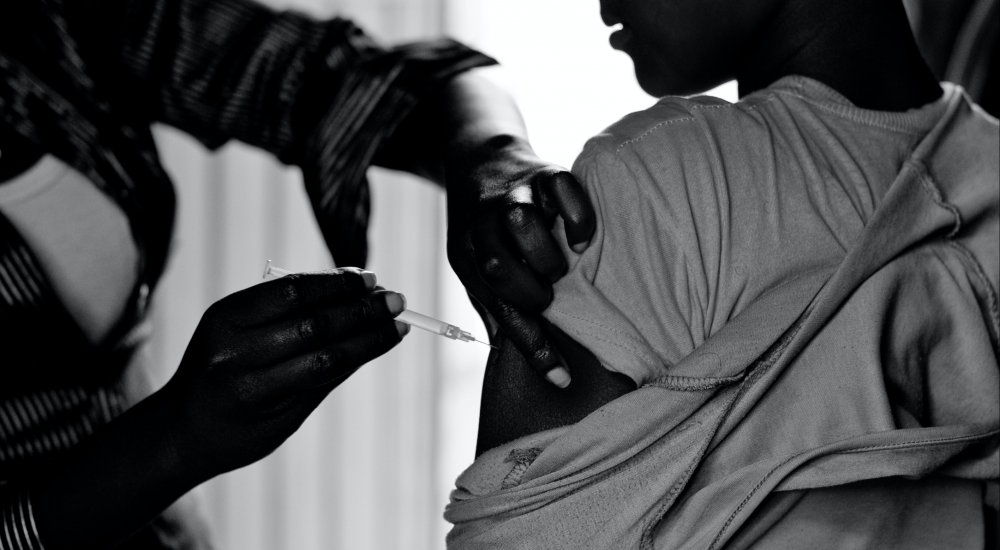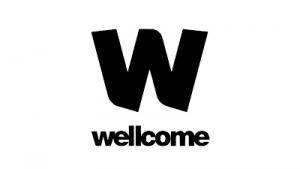WELLCOME TRUST┋Strengthening health and disease modelling for public health decision making in Africa

This call provides funding for projects led by researchers based in Africa to use modelling approaches to address key areas related to health and infectious disease, whilst strengthening the modelling ecosystem in Africa.
Key areas include modelling to understand the impact of environmental change on infectious diseases - such as malaria, dengue and schistosomiasis - and to inform optimal control strategies.
Successful applicants will be connected through development of collaborative activities aimed to strengthen modelling and to increase impact of the model-based evidence produced, including increasing use of modelling by decision-makers.
This call is a collaboration between Wellcome and the Bill & Melinda Gates Foundation. Awards will be made either by Wellcome or the Bill & Melinda Gates Foundation depending on the focus area and budgetary scale of the proposed work. The information on this page relates to the Wellcome awards only.
Preliminary applications for both Wellcome and Bill & Melinda Gates awards are open now. Visit the Grand Challenges website to read more and apply, including the Bill & Melinda Gates Foundation award information.
Scheme at a glance
- Career stage: Early-career researcher, Established researcher, Leading a research programme, Mid-career researcher, Postdoctoral research, Postgraduate training, Returning to research, Undergraduate education
- Where your administering organisation is based: Africa
- Level of funding: Up to £3 million
- Duration of funding: 3-5 years
About this call
Vector-borne diseases cause significant morbidity, with a high burden in Africa. This includes a range of diseases spread by vectors (or intermediate hosts), such as mosquitoes and snails. The distribution of the vectors that spread these diseases is sensitive to environmental change. For example, climate change is leading to warmer temperatures, increasing the expansion and geographic spread of mosquitoes and associated diseases to wider areas.
To reduce disease burden and determine the interventions needed for control, it is critical to understand the impact of environmental changes on the vector and its ability to transmit disease. Key research questions where modelling is a valuable tool include understanding the effect of environmental change on vector distribution and how this affects disease burden, as well as understanding how current and novel control interventions can be most effectively used to control the spread of vectors and vector-borne diseases.
Proposals must focus on one or more of the following diseases: Chikungunya, dengue, yellow fever, zika, malaria and schistosomiasis. Proposals must also address one or more of the following:
- Environmental change: Modelling to understand the effect of i) direct climate (e.g., temperature, rainfall, short/long-term climate change) and/or ii) indirect environmental (e.g., population movement, landscape change) factors on the spread and burden of the focus diseases (e.g., vector spread, behaviour, ability to transmit disease), and implications for control.
- Control interventions: Modelling to i) understand optimal use of existing and novel interventions (including combinations of interventions and assessment of resistance to interventions where relevant), and ii) identify barriers to implementation and uptake of interventions for the focus diseases.
The specific areas addressed and approaches proposed should be tailored to the local context and include data partners (e.g. data scientists/collectors) and decision-makers as coapplicants/collaborators where relevant. We encourage proposals that span multiple areas/diseases and that include data collection where required to fill key data gaps to inform models. Proposals may include various modelling approaches, such as epidemiological, transmission, health economic/cost-effectiveness, geospatial, climate and mechanistic modelling, as well as approaches linking climate and infectious disease modelling.
Eligibility and suitability
Who can apply
- Lead applicants must be based in Africa.
- Proposals must demonstrate that at least 70% of the funding is going to low- and middle-income country (LMIC) institutions with at least 50% of the funding going to African institutions.
- Proposals can include institutions in high-income countries (HICs). However, no more than 30% of the project budget can go to HIC institutions.
- This RFP is open to researchers at any career stage. Applications led by early- and mid-career investigators are encouraged.
- Applicants must have the experience needed to drive and lead a research program addressing the thematic area(s) of interest.
- We encourage applications involving projects led by women.
- Researchers may participate as coapplicants or collaborators on multiple applications but may only submit one application as a lead applicant. Researchers must be able to demonstrate that they can dedicate enough time and resources to all projects if all the projects they are involved in are funded.
- Coapplicants can be based anywhere in the world (except in mainland China).
- Lead applicants and coapplicants must be able to contribute at least 20% of their time to this project.
- Lead applicants must have a permanent, open-ended, or long-term rolling contract for the duration of the award.
- Proposals are limited to 8 coapplicants.
- Coapplicants must have a guarantee of space from their host institution for the duration of their commitment to the award, but do not need to have a permanent, open-ended, or long-term rolling contract at their administering institution.
- There is no limit to the number of collaborators an application can have but the added value must be clear. There is no minimum time commitment for collaborators.
- We encourage the inclusion of data partners (e.g. data scientists/collectors) and decision-makers as coapplicants/collaborators where relevant.
- The lead applicant must be based at an eligible administering organisation that can sign up to our grant conditions and grant funding policies.
Who can’t apply
You cannot apply for this award if:
- You are based in mainland China
- You intend to carry out activities that involve the transfer of grant funds into mainland China
Note, you can only be a lead applicant on one application for this call, but you can be a coapplicant or collaborator on multiple applications.
There is a limit on the number of active Wellcome awards an individual can hold at one time (based on career stage). If you already hold other active awards with Wellcome from previous funding opportunities:
- An early-career researcher can be a lead applicant on one Wellcome award and a coapplicant on one other Wellcome award.
- A mid-career researcher can be a lead applicant on one Wellcome award and a coapplicant on two other Wellcome awards.
- An established researcher can be a lead applicant on two Wellcome awards, one as the sole applicant and one as lead applicant for a team, or both as the lead applicant for a team. They can also be a coapplicant on two other Wellcome awards.
- Read more about how many grants you can apply, or hold at the same time, with Wellcome.
What we offer
We offer up to £3 million for 3-5 years.
You should ask for a level and duration of funding that is justifiable for your proposed research.
This amount can be used to cover:
- a basic salary (determined by your host organisation)
- staff
- continuing professional development and training
- materials and consumables
- animals
- equipment
- access charges
- overheads
- travel and subsistence
- overseas allowances
- fieldwork expenses
- inflation allowance
- open access charges
- public engagement and patient involvement costs
- contract research organisations
- other costs
What we don't offer
Funding will not be offered for proposals that:
- Are focused primarily on educational or training programmes
- Aim to conduct clinical trials or randomised control trials
[...]

